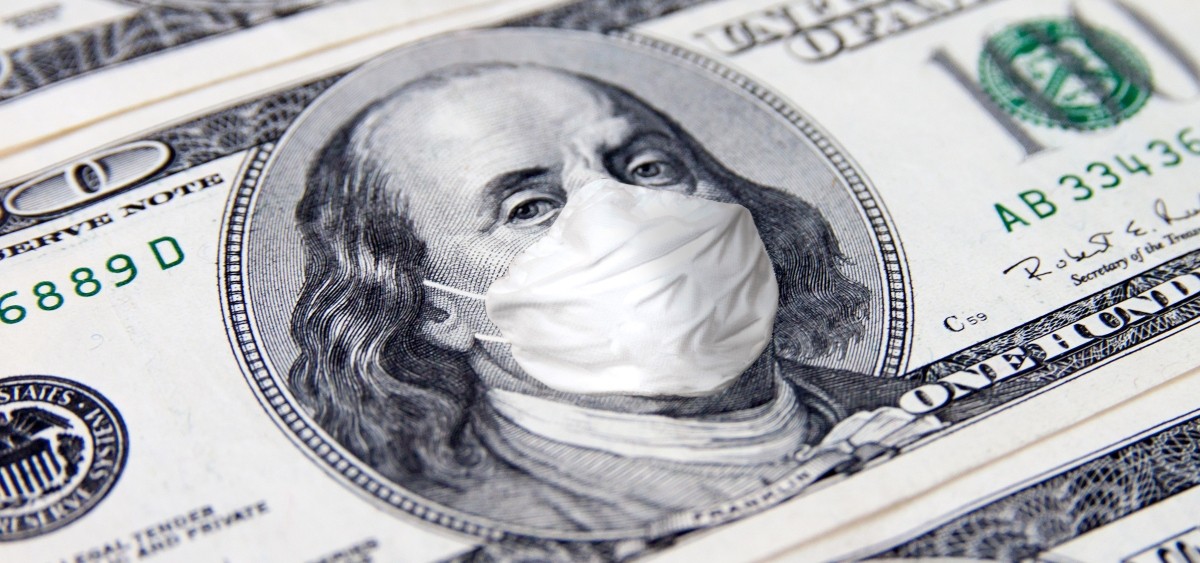UNCTAD: Time to re-think trade policies

Combination of US election and Covid-19 pandemic present pause for thought
By Carly Fields
Countries around the world must avoid a “race to the bottom” to secure competitive advantage by watering down environmental safeguards. Instead, United Nations Conference on Trade and Development (UNCTAD) secretary-general Mukhisa Kituyi has urged nations to align trade policies more closely with climate objectives and further integrate environmental aspects into the international trade framework.
Trade policies will be essential in strengthening the global economy as it bounces from lockdown to lockdown and the economic distress they cause. Pre-Covid-19 analysis put global trade in 2019 at about $25tr, with estimates predicting a 3% rise in 2020. Post-Covid-19, forecasts are that trade will instead plummet by about 20% this year, or by about $6tr. “Such a decline would be unprecedented, being significantly larger than the $4tr fall seen during the 2009 recession,” said Mr Kituyi.
Mr Kituyi’s comments come at a pivotal moment for both the global economy and future trade flows as US election votes are tallied. With over 100 million votes cast early, the US is on course to see the highest voter turnout in more than a century in what has become one of the most fiercely contested presidential races. Whoever wins the US election, there will be a guaranteed impact on trade.
James Knightley, ING chief international economist, forecasts that a definitive Joe Biden and Democrat win will “likely lead to a more predictable trade policy with improved relationships with allies/trade partners relative to what corporate America has been faced with in recent years”.
If Biden wins but faces challenges – that is if the Democrats retain the House, but fail to overturn the Republican majority in the Senate – a return to multilateralism and preparedness to work more cordially with allies and trade partners could provide more certainty for multinational businesses. However, a Donald Trump and Republican win could see the incumbent President “double down” on his international trade policies that involve making “deals” with the threat of tariffs. “We will likely see the trade, intellectual property, security and technology battles with China continue and potentially be expanded, with Europe increasingly in the line of fire,” said Mr Knightly.
Whoever wins the US election, there will be a guaranteed impact on trade
Trade history
Trump has already heavily influenced trade during his four-year term. One of his earliest moves was to end America's involvement in multilateral free trade agreements, including the Trans-Pacific Partnership and the North American Free Trade Agreement. He opted to revise the latter and switched to bilateral trade deals to counter the former. He has also, famously, favoured the stick over carrot approach with his preference for slapping tariffs on imported goods. While his primary intention with tariffs was to bolster employment in the US, he effectively created a trade war. A further four years under a Trump Administration would undoubtedly lead to more trade upset, both with the China and the European Union.
Add the confusion over the US election to the continuing disturbance of the global pandemic and the future trade path is far from certain. UNCTAD notes that at a regional level the Covid-19 picture is mixed. While East Asia appears to be on a recovery path, concerns remain for other developing regions where Covid-19 is not yet under control. With many borders still closed and safety controls delaying the movement of goods, developing countries that are highly reliant on external markets are being hit particularly hard.
While protectionism and nationalism were growing before Covid-19 hit, the pandemic has also been the champion of international trade, demonstrating the importance of keeping trade open in times of crisis, Mr Kituyi said. “For example, cross-border trade has been instrumental in meeting the demand for Covid-19-related medical products on a global scale. International trade of items such as personal protective equipment and ventilators more than doubled in just a few months.”
However, the high profile trade war between the US and China has thrown a shadow over international trade for the past few years and will not be resolved any time soon, even if there is a change in the presidency after the votes are counted. “Coronavirus has the potential to further exacerbate tensions, and to create a more segmented and polarised global economy, with obvious negative repercussions for many countries,” noted Mr Kituyi.
While protectionism and nationalism were growing before Covid-19 hit, the pandemic has also been the champion of international trade
Change of tack
But all countries need to avoid enforcing “beggar-thy-neighbour” trade policies, he added. “While trade restrictions may provide short-term relief, often they provoke retaliation, creating supply shortages and price hikes in international markets, with dire consequences for the global economy.”
UNCTAD advises trading nations to take a more holistic look at their supply chains and urges governments to monitor how their responses to Covid-19 affect trading partners. “They must ensure that any such measures are targeted and temporary, and duly address the interests of affected countries.”
Countries need to look beyond pure economic growth and consider redirecting public policy towards a more inclusive, sustainable and resilient global economy. UNCTAD suggests that international cooperation focus more closely on greening trade infrastructure and expanding transnational environmental standards to drive a more sustainable post-Covid-19 economy. “International trade must be part of any recovery effort aimed at building a more fair and sustainable global economy,” it said. Additionally, commitment to and implementation of the 2030 Agenda for Sustainable Development and the Addis Ababa Action Agenda on financing for development would help to ensure that inclusive trade growth is an economic foundation for sustainable development.
In closing, Mr Kituyi said: “The crisis has yet again underscored the case for continued multilateral trade cooperation and for a robust trading system to contribute to the post-crisis recovery.”